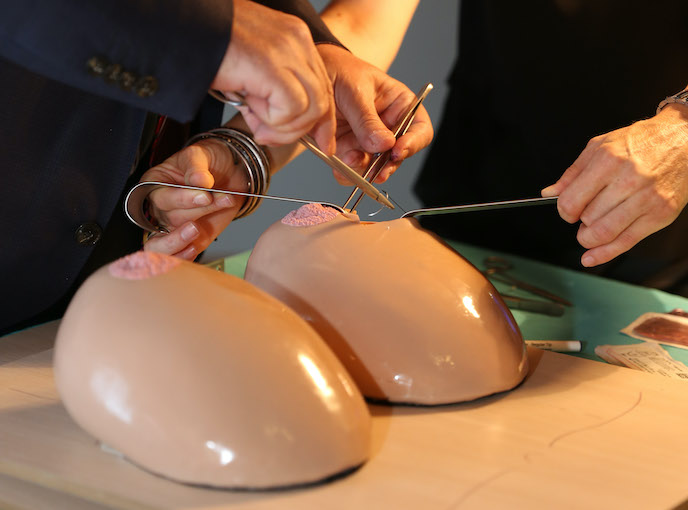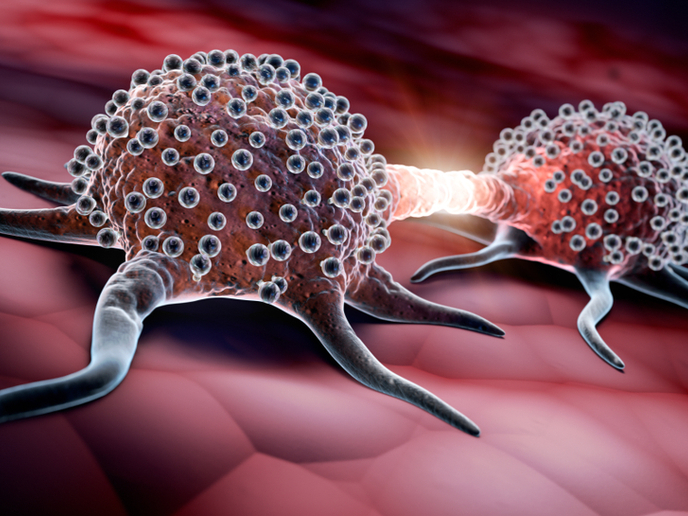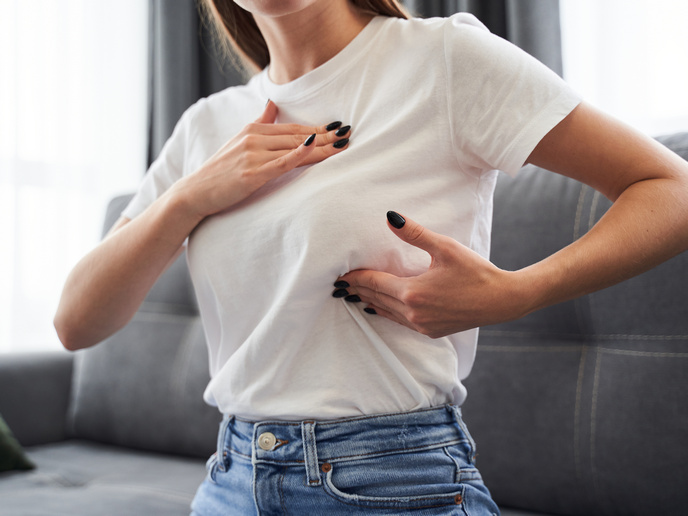Life-like breast models aid surgical training
In 2018, over 560 000 women in Europe were diagnosed with breast cancer. Even after remission, the effects of the disease can linger, including the challenge of mentally overcoming the scars left by surgical treatment. “Women’s ability to return to their pre-cancer lives depends on the medical and aesthetic success of their surgeries,” says Özge Akbulut, co-founder of Surgitate, a company specialising in the manufacture of synthetic surgical models. “Women who are not content with their body after surgery could forego critical treatment and regular check-ups.” According to surgical experts, one-step oncoplastic operations are known to decrease the cost of and partially alleviate the trauma of surgery. However, these operations are complex and thus require significant practice. “Unfortunately, most surgeons get this practice by performing surgery on the very patients they have promised to take care of,” says Akbulut. “What the field needs is an affordable, accessible and reliable training platform that will provide surgeons the practice they need.” Through the support of the EU-funded ReSurg project, Surgitate has advanced its surgical breast model for oncoplastic training towards commercialisation. The project also included an intuitive breast cancer awareness board that encourages women to follow up on their routine exams.
Accessible and affordable models
The ReSurg synthetic breast model is available either individually or in pairs. Models can also be attached to a plane that provides four different angles of inclination. Anatomical landmarks, such as clavicles and the jugular notch, can be marked on the plane for training purposes. Using the tactile model, surgeons can practise a range of oncoplastic techniques, including cutting with surgical scissors or a blade, removing pieces, suturing and manipulating the position of the areola. “During our market research and discussions with surgeons, we were repeatedly told that our surgical model is the best they have worked with,” explains Akbulut. “But most importantly, we proved that there is a clear advantage to using surgical models in oncoplastic training.” Although there is a global commitment to bringing down the cost of vaccines, diagnosis and drugs, there is no such collective effort to decrease the cost of gaining a quality medical education. Surgitate hopes to change this through its accessible and affordable models. “This project provided us the playground to validate our ideas and extend our reach,” says Akbulut. “We were able to send samples all over the world and receive feedback from leading experts in the field.”
Self-awareness campaign
The project also further contributed to Surgitate’s self-awareness campaign. Not only does the poster contain information on performing self-exams, it also includes a tactile synthetic breast with hard masses that aren’t supposed to be there. “Our aim with the poster was not to teach women how to self-check or self-diagnose but to encourage them to follow up with their routine examinations,” adds Akbulut. “By letting women actually feel the consequences of not following up, we hope to somewhat ‘scare’ them into going to their routine exams.” The campaign has already been seen by over 1 000 women in Turkey, and three women have been diagnosed early thanks to their interaction with the poster.
Keywords
ReSurg, Surgitate, surgical training, breast cancer, surgical models, oncoplastic operations, surgery







